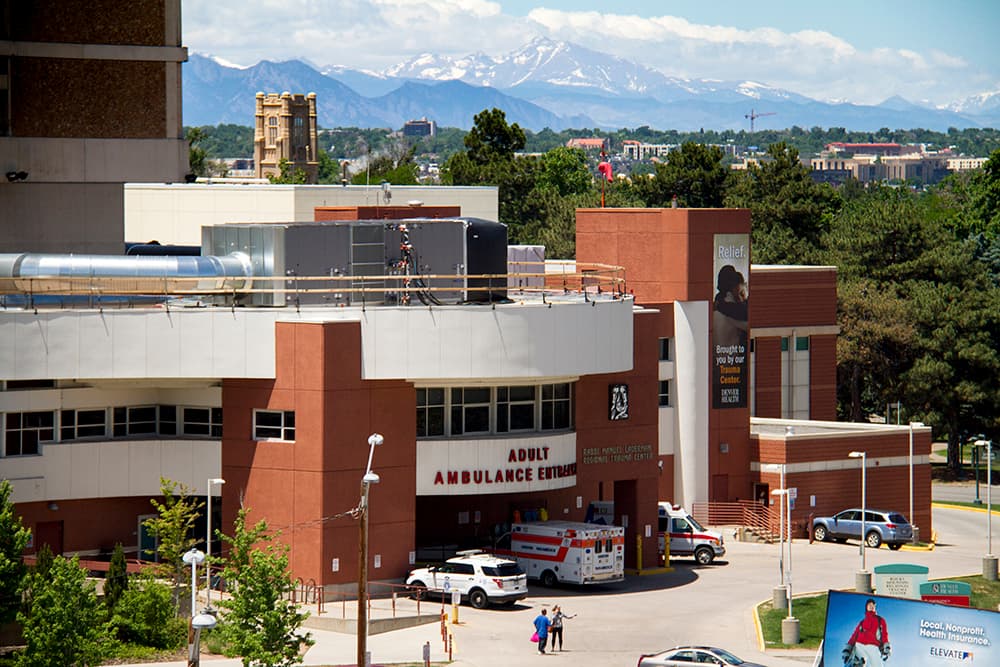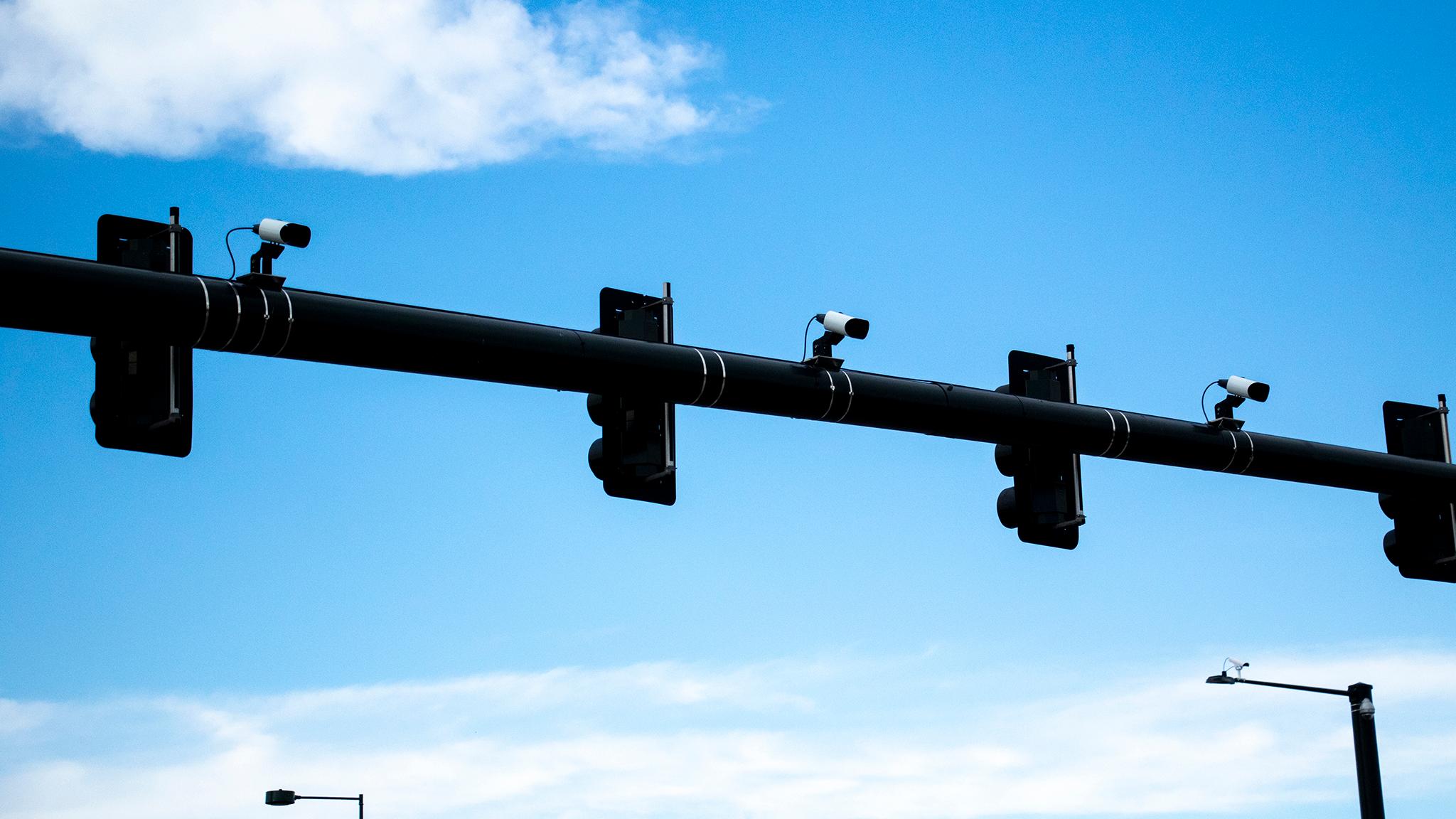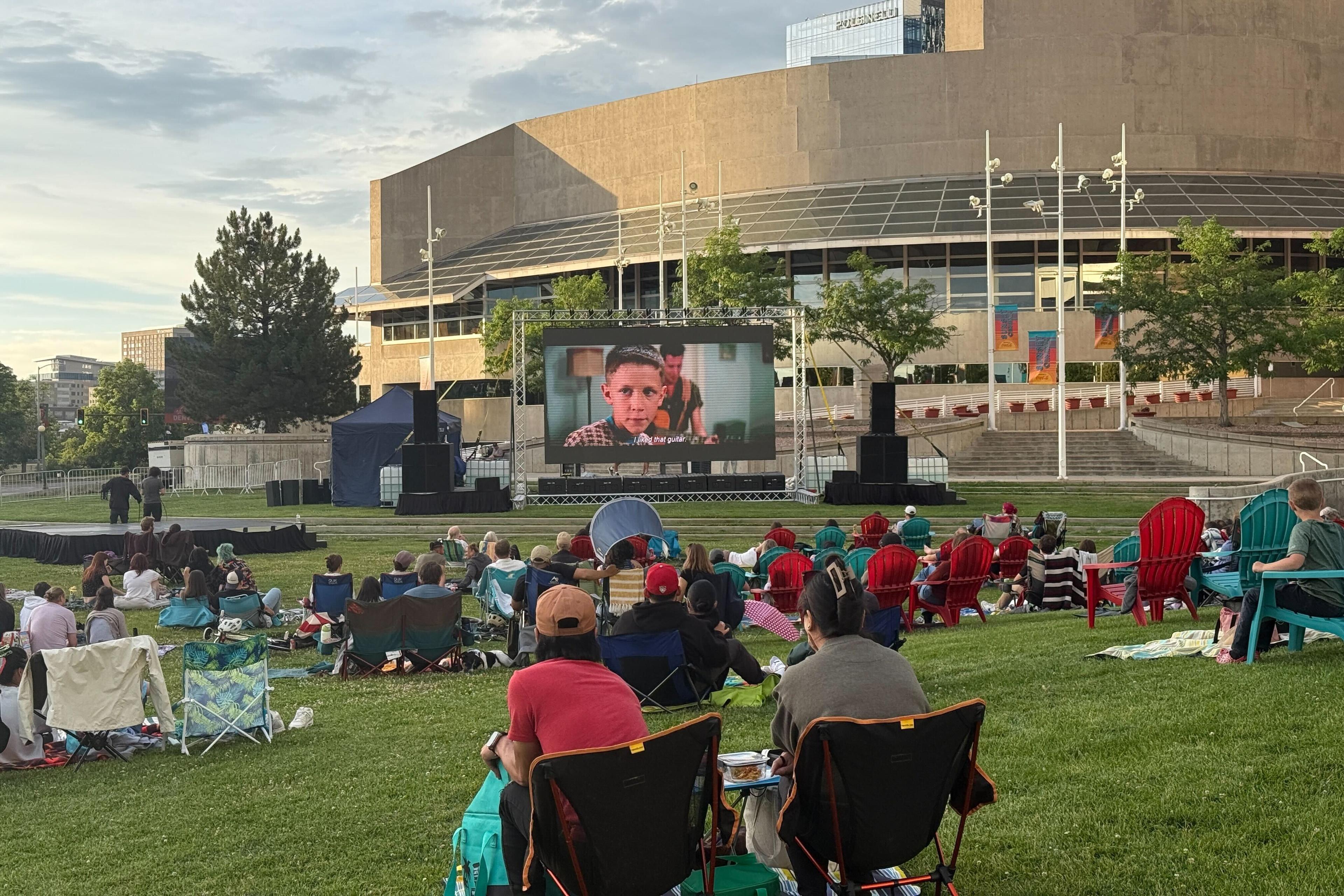More than twenty people have been hospitalized in Colorado with a form of the flu since Sept. 1, according to the state Department of Public Health & Environment. And with flu season accelerating, the time to get a vaccination is now, according to Dr. Rachel Herlihy, state epidemiologist.
About eight of those cases were in the Denver metro. No outbreaks and no deaths have been reported, but doctors and scientists are on the lookout for a potentially bad season.
"We did notice that in August and September we did have a bit more influenza than typical," Herlihy said in an interview with Denverite.
Australia and other parts of the Southern Hemisphere were hit particularly hard during their flu season, which could mean a heavier season here too, according to the Associated Press.
"It's unpredictable. It does things that we don't expect it to," Herlihy said. "The indication that we might have a busier season this year ... is something that we're concerned about and something we're paying attention to."
Who's vulnerable?
The flu can kill estimated tens of thousands of people per year in the United States, according to the CDC.
Centers for Disease Control data shows that the flu strain H3N2 is showing up frequently across the nation this year, as well as here in Colorado, according to Herlihy. That can mean worse health outcomes for older people and very young people.
"When H3N2 virus seems to be predominating, that's when we see more severe illness in our seniors, higher hospitalization rates, and our older population is a bit more impacted -- so when we see more H3N2 virus circulating, we have that concern, that it could be a harder season."
The flu is a respiratory virus. Symptoms can include fever, cough, sore throat, runny or stuffy nose, aches and fatigue. They can include vomiting and diarrhea, especially in children.
Anyone who thinks they have a mild case of the flu can seek treatment with their doctor, according to medical experts.
The illness can escalate to an emergency requiring hospitalization. Signs that you should consider the hospital can include severe vomiting, dizziness, trouble breathing, dizziness mean you should consider hospitalization. The CDC has more information on that.
To stop the spread of the flu, it's important to stay home until your symptoms have gone away for at least 24 hours, according to Heather Young, an infectious disease physician at Denver Health.
The people at highest risk include young children, especially infants, as well as people older than 65 and people with other illnesses.
Where to get vaccinated in Denver:
The CDC recommends that everyone over 6 months old gets vaccinated. Usually, only about half of that population gets vaccinated.
Primary care physicians can always provide flu shots. Health insurance plans are required to include free flu shots under the Affordable Care Act.
Commercial pharmacies, such as Walgreens, often offer flu vaccines to walk-in customers. They cost between $32 and $40. Other options include Costco, where shots are $20 even without a membership, according to 20SomethingFinance.
Some insurance plans will cover the cost if you provide your insurance card at the pharmacy, but it depends on whether the pharmacy accepts your plan. Call ahead to make sure.
Denver Public Health has a vaccination program that will give flu shots to children for $20, and "no child is turned away." Children must have their immunization records with them, though.
The Denver Public Health Program also will vaccinate adults with relevant insurance plans for free, and it has "low-cost options" for those without insurance. Call 303-602-3520 for more information.
There are numerous variations of the vaccine available. Your doctor will be the best source of information about which one to use, Herlihy said.
"Getting the vaccine is more important than deciding which one to get," she said.
"The most important message is to just get the vaccine, and I'd say the time is now. It takes a couple weeks before your immune system fully responds to the vaccine."












